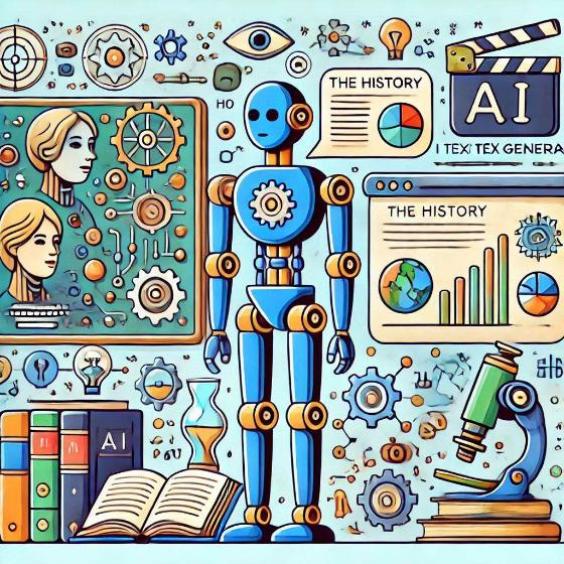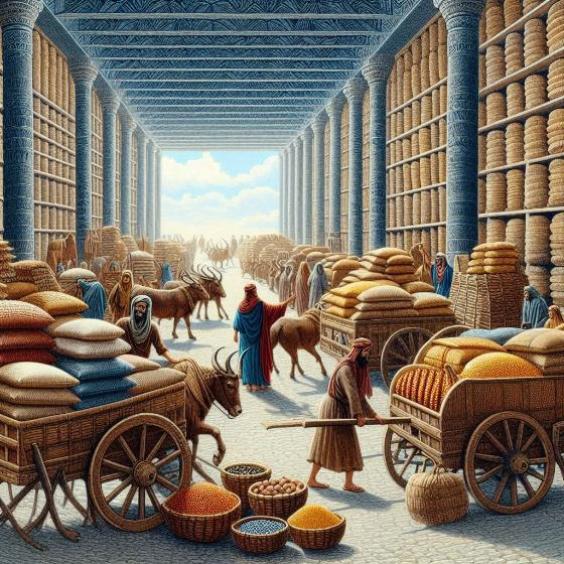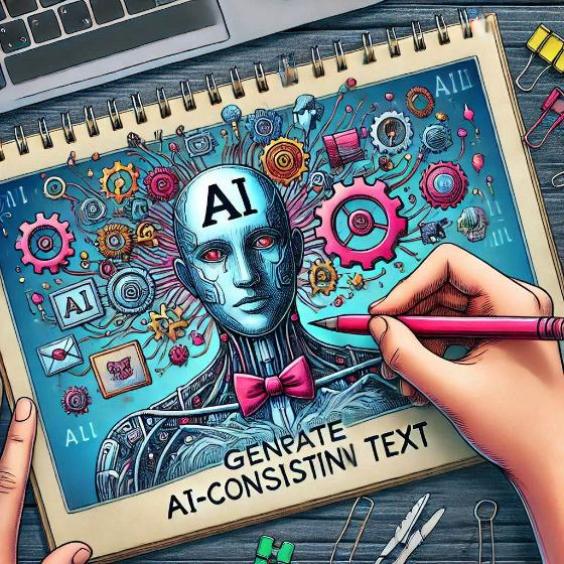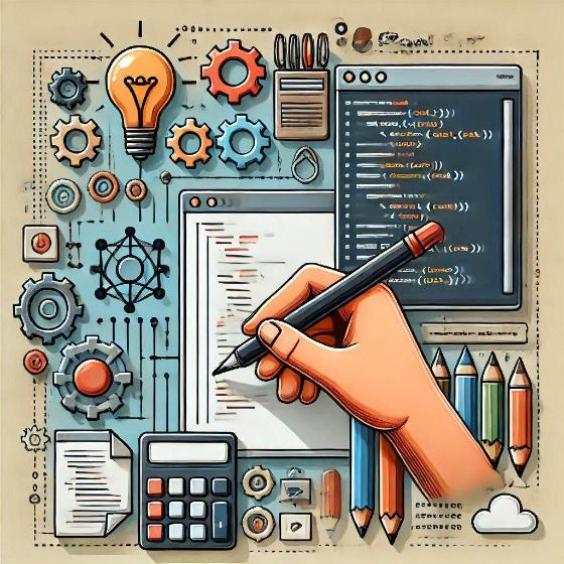The History of ChatGPT and AI Text Generators
In the world of technology, there have been significant advances in recent years, but few have generated as much interest and debate as AI text generators, especially ChatGPT. In this article, we will explore the history behind these systems and how they have evolved over time.

What are AI text generators?
AI text generators are artificial intelligence systems designed to produce human-like text. They use algorithms and machine learning models to analyze large amounts of data and generate coherent and natural text. These systems can be used for a variety of tasks, such as content creation, answering questions, and language translation.
The history of AI text generators
The history of AI text generators dates back to the 1950s, when the first natural language processing systems were developed. However, it was not until the 2010s that advances in deep learning technology allowed for the creation of more sophisticated systems capable of generating human-like text.
One of the first AI text generators was Google's system called "Google Brain," which was launched in 2011. This system used a deep learning model to analyze large amounts of data and generate coherent text.
In 2015, Facebook's system called "DeepText" was launched, which also used a deep learning model to analyze and generate text. This system was able to analyze and respond to questions in natural language.
The arrival of ChatGPT
In 2022, ChatGPT was launched, an AI text generation system developed by the company OpenAI. ChatGPT is a large language model that has been trained on a large amount of data and can generate human-like text in a variety of styles and formats.
ChatGPT has generated a great deal of interest and debate in the technology community and society at large. Its ability to generate coherent and natural text has led some to question the authenticity of online content and others to explore its possible applications in education, writing, and communication.
The future of AI text generators
The future of AI text generators is uncertain, but there are several trends and predictions that can be made:
- Greater sophistication: AI text generators will continue to improve in sophistication and ability to generate human-like text.
- Applications in education: AI text generators can be used to create personalized educational content and help students improve their writing and communication skills.
- Impact on the writing industry: AI text generators can change the way content is created and consumed, which could have a significant impact on the writing and publishing industry.
- Ethical challenges: AI text generators also pose ethical challenges, such as the possibility of creating false or misleading content, and the need to ensure transparency and accountability in the creation and use of these systems.
In conclusion, the history of AI text generators is fascinating and has led to significant advances in technology and society. As these systems continue to improve and evolve, it is important to consider the possible applications and ethical challenges they pose.
What do you think about the future of AI text generators?
Share your thoughts and opinions in the comments section below.






